Everybody has that moment when they realize they don’t know about something that they should probably know about. Whether it’s history, language, science, or cultural phenomena, you’ve felt the stinging personal embarrassment of a moment wherein you realize there’s some common knowledge that isn’t so common. Don’t feel bad; nobody knows everything. Nobody, that is, except me and my sidekick, The Internet!
Somewhere in the world, a confused soul begs the question…
Where Does the Term “Bootleg” Come From?
In the current English vernacular, the term “bootleg” is an all-encompassing word. If you illegally record a movie in a theater, that’s bootlegging (as a verb). If you sell a copy of that illegally recorded movie, the tangible copy is a bootleg (as a noun). Recording a musician’s live performance? Even if you don’t sell or distribute it in any way, that’s considered a “bootleg.” The word also has historical uses: during Prohibition, to steal or make your own alcohol was to bootleg it. We have even incorporated it into American football, for some reason.
But try to step back and look at the word without the context we’ve given it, where it now is basically a synonym for both “steal” and “stolen goods”. What does the long part of a boot have to do with dabbling in illegal, unauthorized, unregulated activity? Let’s find out.
The answer is quite simple and direct, actually. When cowboys roamed the land, most of them wore tall boots that, as the name suggests, came equipped with ample bootlegs. Because cowboys were generally a resourceful and/or nefarious lot, they needed to stash important items (read: weapons, alcohol) somewhere safe and hidden, on their person. Enter: the bootleg.
From the late 19th century onwards, the word “bootleg” was slapped onto anything that was purposely kept out of sight and when Prohibition came along, the term’s fairly established association with cowboys and their concealed flasks seemed perfect to use when describing the manufacturing and distribution of illegally produced alcohol.



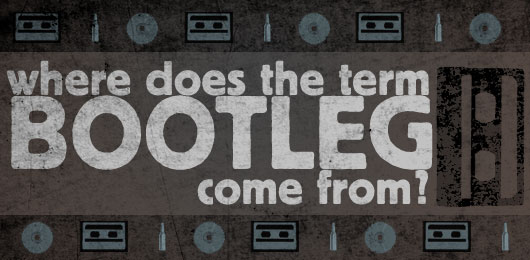

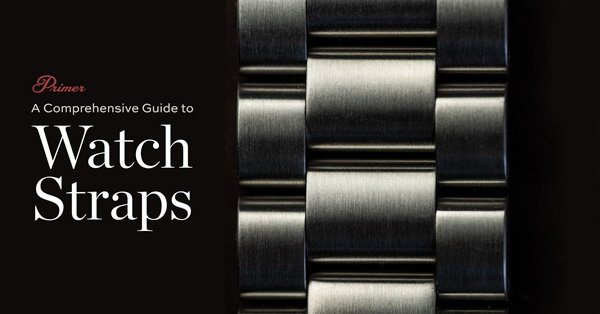
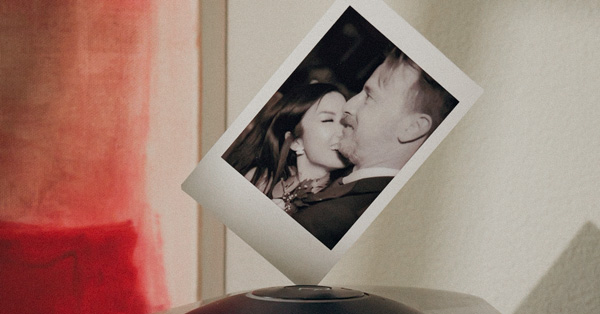

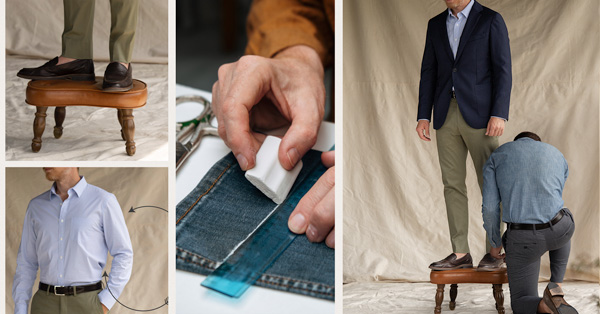
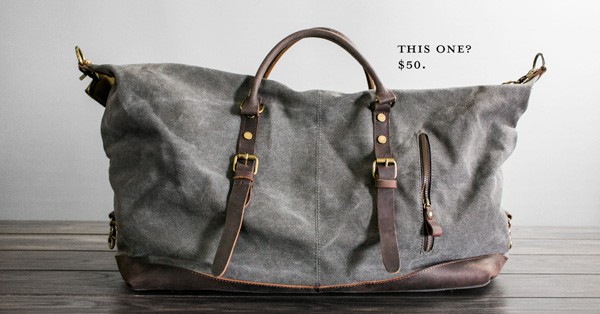

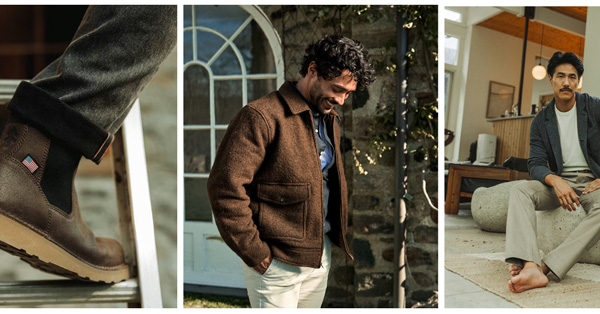




![It’s Time to Begin Again: 3 Uncomfortable Frameworks That Will Make Your New Year More Meaningful [Audio Essay + Article]](https://www.primermagazine.com/wp-content/uploads/2025/01/begin_again_feature.jpg)